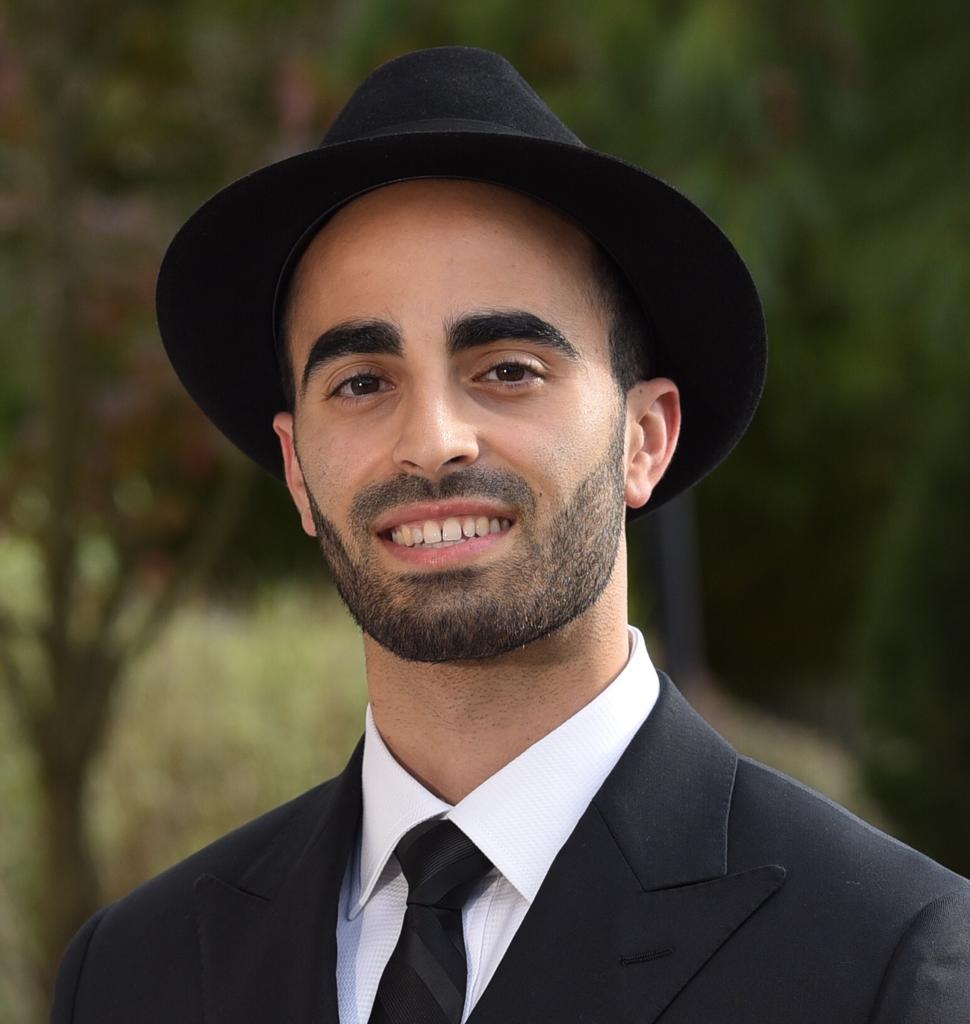
Character Building Belief
Leah named her first son Reuven. The Gemara (Berachot 7b) says that by naming him Reuven, Leah [prophetically] imparted the following: See (“re’u”) the difference


Leah named her first son Reuven. The Gemara (Berachot 7b) says that by naming him Reuven, Leah [prophetically] imparted the following: See (“re’u”) the difference

Eisav sold the bechora to his twin brother Yaakov, not even making much profit from it, but just for some simple lentils. Essentially, he sold

The midrash (Bereishit Rabbah 58:3) on our parsha records a story of when R’ Akiva was sitting and expounding the Torah and noticed that the

While at first glance it might appear that one who gives to a needy person is the real “giver” in this exchange, on a deeper

When Avraham and Lot part ways, the midrash (Bereishit Rabbah 41:7) on our parsha (13:11) relates that Lot exclaimed, “I want neither Avraham nor his

For many months Noach was safe, yet also stuck, in the teiva. Indeed, he suffered tremendously there (see Gemara Pesachim 108b). But finally, the Torah

Parshat Vezot Haberacha relates that when Moshe died, “Bnei Yisrael wept for him,” which Rashi explains refers to just the males weeping for Moshe. On

In our parsha, Moshe challenges Am Yisrael’s behavior, saying (32:6), “Is this how you repay Hashem, O vile (‘naval’) and unwise nation? Is He not

Parshat Nitzavim states, “The matter is very near to you—in your heart and mouth,” which the midrash (Devarim Rabbah 8:1) apparently understands to be a

Bikkurim carries the important theme of gratitude. When the farmer would give his first fruits to the Kohen, he would pronounce a meaningful declaration acknowledging

Our parsha states: “An Ammonite or Moabite shall not enter the congregation of Hashem, to eternity, because of the fact that they did not greet

The haftarah of our parsha contains a pasuk which can underscore the importance of shalom— peace. It states: “How pleasant are the footsteps of the